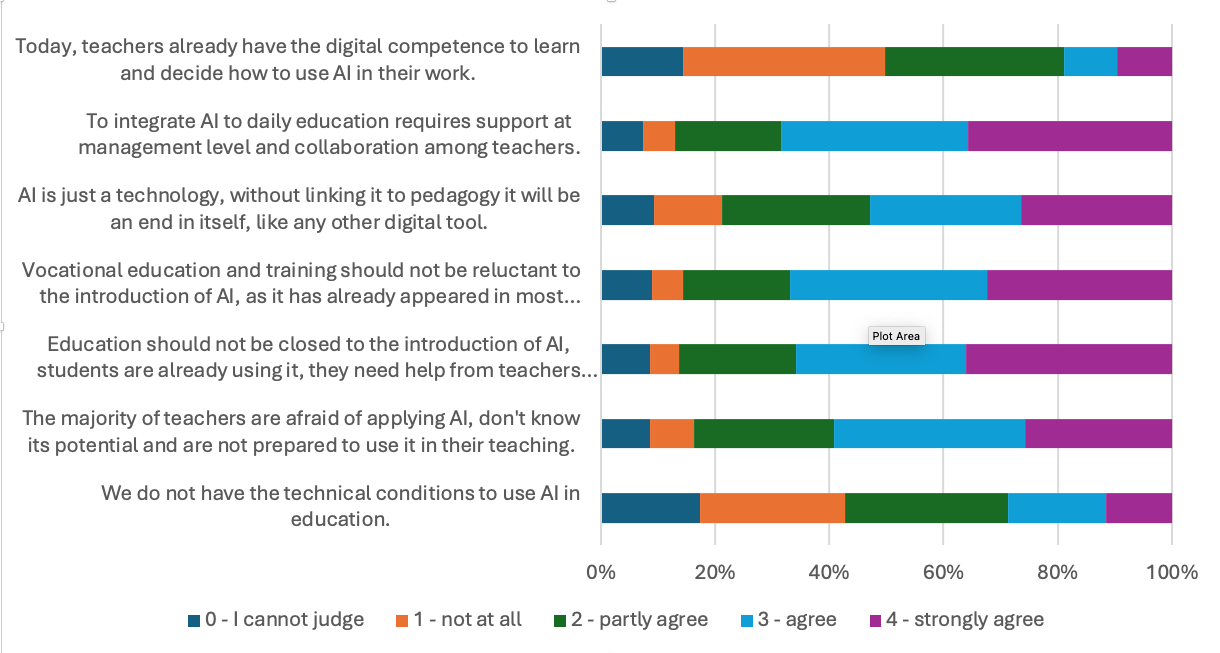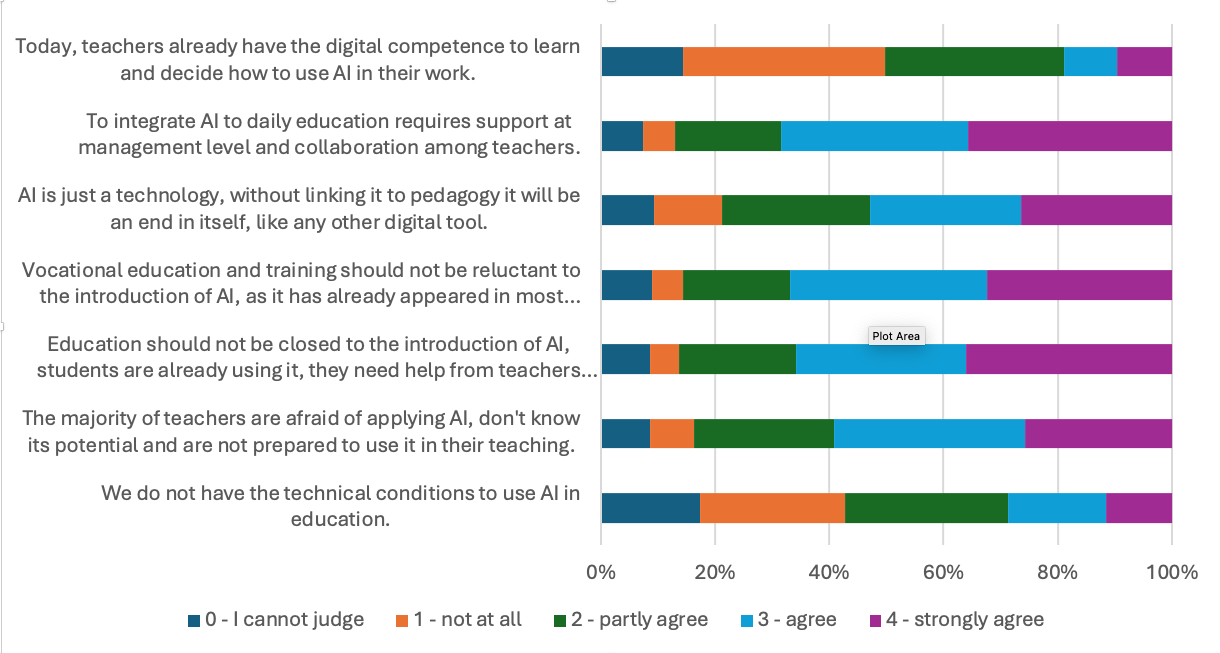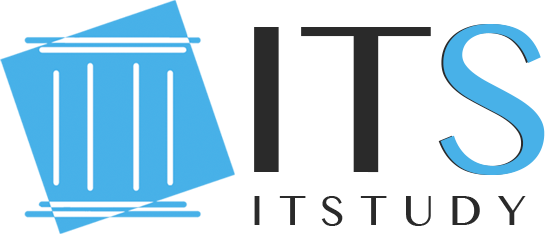
Flip-IT! Flipped Classroom in European Vocational Education
The aim of the Flip-IT! project was to integrate the flipped classroom method into the teaching practice of vocational schools.
We are convinced that the Flipped Classroom method is particularly useful in vocational education and training, which needs to keep pace with the ever-changing demands of the labour market. The rapid development of technology makes it almost impossible to provide vocational education and training institutions with up-to-date textbooks; teachers increasingly have to take into account the vast amount of information available on the internet.
How can teachers take advantage of the fact that students are constantly online in their teaching and use this to make learning an experience? How can they go beyond the limits of traditional PowerPoint presentations? What ICT tools will be most effective in supporting teaching and learning?
The Flip-IT! consortium will not only answer these questions, but also address the practical challenges teachers face.
The project's curriculum and the online course based on it were a great success with both the teachers and the students involved. The Hungarian training material is available as accredited teacher training, and the book "Flipped Classroom in Practice: Innovating Vocational Education" is available for download.
Project information
- Website: https://www.flip-it.hu/
- ID: 2015-1-HU01-KA202-013555
- Program: Erasmus
- Primary target group: teachers in vocational secondary schools and vocational schools
- Secondary target group: upper secondary and vocational school students
- Partner countries (and institutions): Hungary (iTStudy Hungary Számítástechnikai Oktató- és Kutatóközpont Kft. – coordinator; SZÁMALK-Szalézi Szakgimnázium; BMSZC Neumann János Számítástechnikai Szakgimnáziuma; Közép-magyarországi Agrárszakképzési Centrum Magyar Gyula Kertészeti Technikum és Szakképző Iskola; FM Közép-Magyarországi Agrár-szakképző Központ, Bercsényi Miklós Élelmiszeripari Szakgimnázium, Szakközépiskola és Kollégium), Ireland (Cork Institute of Technology), Spain (Universidad Europea de Madrid), United Kingdom (Opus Learning Ltd.), Czech Republic (Univerzita Hradec Králové)
- Duration: 1 September 2015 – 31 August 2018

Project news
The project starts in September of 2025. We share here the results of our preliminary research in 2024 aimed to get clear evidence, that there is a strong need for guiding vocational teachers to understand the basic concepts of artificial intelligence and to equip them with the knowledge and skills to effectively integrate artificial intelligence (AI) into their teaching.
As part of the proposal development process, the project partnership conducted an online survey to assess vocational teachers' readiness, attitudes, and needs related to the integration of Artificial Intelligence (AI) in education.
Survey period: 17–23 July 2024 Platform: EU Survey portal Sample size: 269 valid responses Countries represented: Hungary (29.89%), Italy (35.06%), Spain (21.77%), Lithuania (12.18%) Gender distribution: 56.83% female, 42.44% male Educational background: 68.27% held a master’s degree (MSc), but only 9.96% had vocational qualifications Teaching experience: 73% had over 11 years of experience |
The primary objective of the survey was to validate the following preliminary assumptions:
Vocational teachers often face uncertainty and hold misconceptions about AI.
Teachers acknowledge the increasing importance of AI in the labor market and recognize the need to adapt accordingly.
Although students are already engaging with AI technologies, many teachers feel unprepared to incorporate them into their teaching practices.
Educators show a willingness to adopt AI in the classroom but require targeted professional development to do so effectively.

MAIN CONCLUSIONS
Teachers expressed both optimism and caution regarding AI’s role in education. While 43% agreed that AI is essential for the labor market, over 50% believed that most teachers are not yet prepared to integrate AI into their classrooms. Furthermore, teachers stressed that effective AI integration requires managerial support and teacher collaboration.
The survey results clearly justify the relevance of the project’s aims, confirming that vocational teachers need targeted support to understand and apply AI in their teaching and that there is strong interest in student-centered, AI-integrated methodologies aligned with labor market demands.
More details in the document: Secondary School Teachers' Attitudes Toward AI Integration in Teaching - Survey across four European countries.
Information: maria.hartyanyi@itstudy.hu
